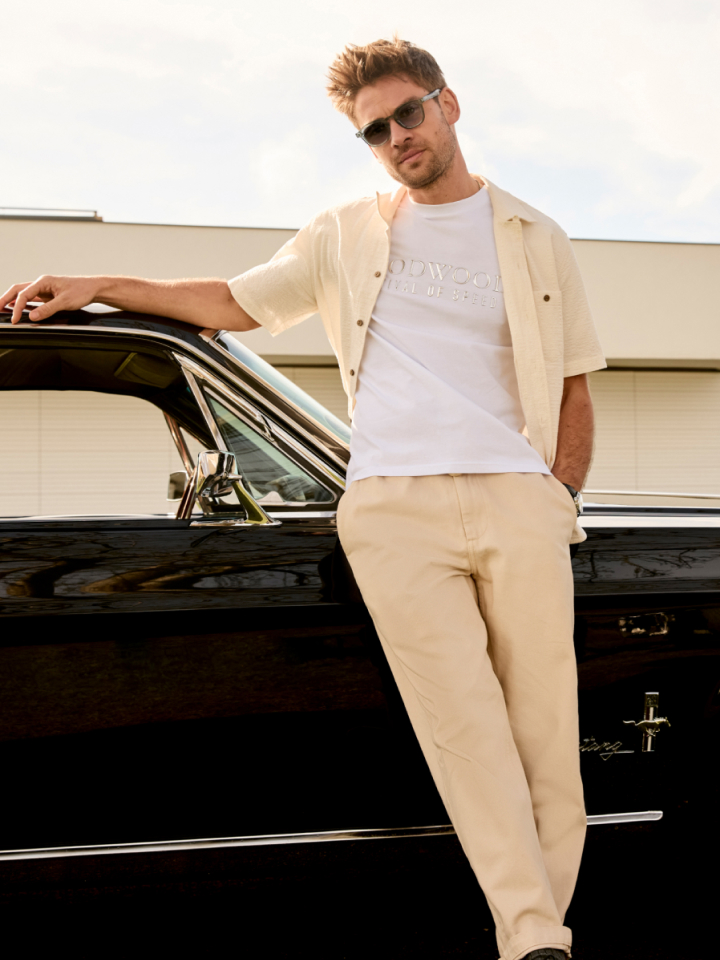Is Honda’s MotoGP future in doubt?
Talk about a seismic shift – regime change – a new world order. It’s happening in MotoGP, and while the list of casualties has yet to be finalised, it contains some of racing’s most hallowed names. The likes of Honda, Yamaha, indeed, the Japanese racing heritage. Perhaps even Marc Marquez.

He returned this year, back to full physical strength, limbs correctly aligned and raring to go … only to crash and hurt himself at the opening round in Portugal.
This was the start of an increasingly desperate and crash-strewn comeback. His Honda was clearly uncompetitive. Striving to overcome its weaknesses in several areas, especially compared with the rampant Ducatis and revived Aprilias from Italy and much-improved Austrian KTMs, meant having to over-ride. In particular under braking, where daring and risk-taking could pay dividends. Or cause crashes…
Eight races into the season, Marc easily tops the crash list with 14. This in spite of non-starting in five of eight feature races and missing three whole weekends, through injuries.

In round seven at Germany’s Sachsenring, a track where he has reigned supreme since his early days in the junior 125 class, an accumulation of five crashes meant he withdrew from Sunday’s GP. Ditto a week later at Assen in the Netherlands, after two more tumbles.
For a rider known for never giving up, this was unprecedented, and accompanied by depressing images of him hobbling forlornly away from his fallen Honda, the fight seemingly knocked out of him.
What next? We must wait and see. His Honda contract expires at the end of 2024, although team manager Alberto Puig did intimate at Assen the possibility of an early release. Hard to imagine that Marc doesn’t have the will to bounce back, but it’s far from certain where he might find a competitive ride.

Why are Honda struggling in MotoGP?
Honda’s role in this is clear. The V4 RC213V has, over the past four years or more, lost its way. It hasn’t improved at the same rate of its European rivals, which has left Marc fighting odds that this year became insuperable. Marc’s role in this failed development is hard to define, although certainly his extraordinary skill has masked technical weaknesses for a long time.
His team-mates, by the way, are little better off: team new boy Joan Mir has crashed 12 times and missed six GPs; satellite rider Alex Rins did give Honda a rare race win in the USA, but is currently undergoing repeated surgeries to a badly broken right leg.

But how about the wounded Japanese industry? For it is not only Honda struggling to match the pace of technical development, set in particular by Ducati with their innovative engineering, both mechanical and aerodynamic, while fellow Europeans Aprilia and KTM are clinging on their coat-tails.
Suzuki won the riders’ title in 2020 with Mir; Yamaha’s Fabio Quartararo won it in 2021. He was a candidate for a repeat last year, until he and his bike went off the boil mid-season, with Ducati’s Pecco Bagnaia closing the contest down. Bagnaia is leading it again this year.
Suzuki voted with their feet at the end of last season, shocking paddock insiders with a unilateral repudiation of a contract that should have lasted until 2026. Questions are now in the air about Honda and Yamaha, to the extent that Dorna chief Carmelo Ezpeleta is talking about reviving “concession rules” to help them catch up.

These were introduced soon after the turn of the century, so that new or struggling constructors might have the chance to catch up… with Honda and Yamaha. All three European marques benefitted from extra freedoms at a time of increasingly restrictive tech rules. The benefits included free testing, where the top teams had strictly limited opportunities; and even more importantly the freedom to develop engines during the season, while the big boys had to finalise technical specs before the start of the season, and stick with them.
Since some think Honda’s problems stem from poor throttle response due to unsuitable crankshaft inertia, and Yamaha’s from a basic shortage of torque and horsepower, the chance to change their engines could make all the difference.
Let’s hope so. If Honda – the most successful make in 75 years of the championship – were to walk away, it would not be for the first time; but GP racing without Yamaha has been unthinkable since the 1960s.
Images courtesy of Motorsport Images.
MotoGP
Motorcycles
Honda
Yamaha
Marc Marquez































































